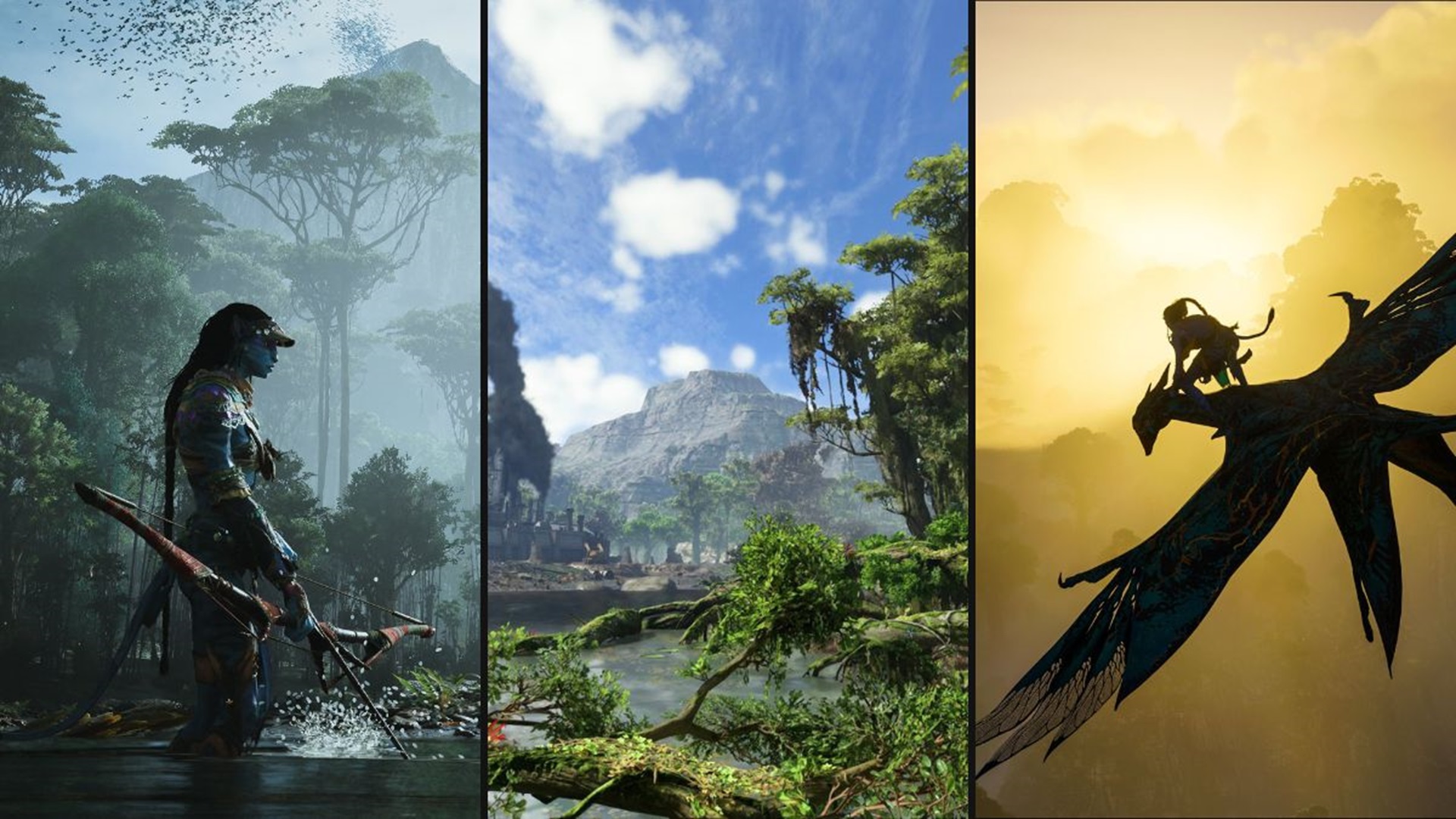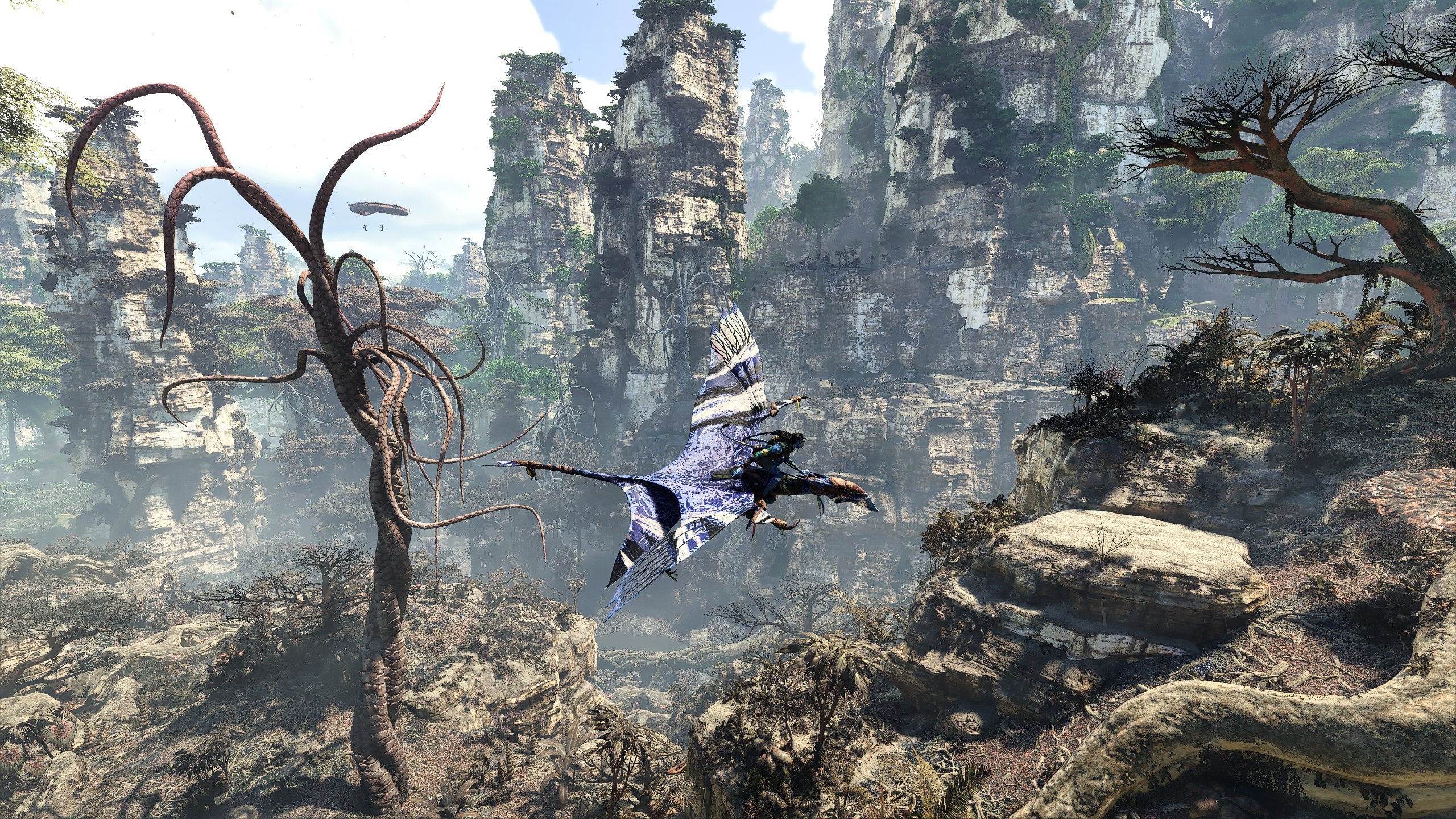Avatar: Frontiers of Pandora has emerged as an understated triumph for Ubisoft, seeing a stark contrast in mixed critic reviews and the surprisingly warm embrace from the usually unforgiving audiences. This recent addition to the studio's lineup of open-world titles, despite its relatively quiet release and the formidable competition of this year's exceptional gaming lineup, has carved out a distinct niche for itself, arguably becoming Ubisoft's best implementation of its, admittedly aging, formula for years.
The game, developed by Ubisoft's Massive Entertainment, known for The Division, has been in development for several years. Its delayed release was initially met with skepticism, partly due to subdued marketing efforts and its placement in an already crowded market. It certainly didn't help that it came out around the same time that Rockstar Games released the official GTA 6 trailer, which has since broken several records.
Critics gave Avatar: Frontiers of Pandora a lukewarm reception, reflected in its 72 Metacritic score, positioning it in the lower tier of 2023's PC game releases. However, the game has defied these early impressions, garnering an impressive 8.1 user score on Metacritic, surpassing other major Ubisoft titles like Assassin's Creed Valhalla and Far Cry 6.


